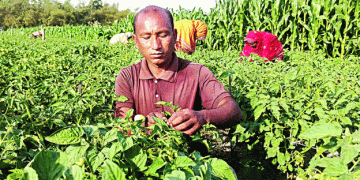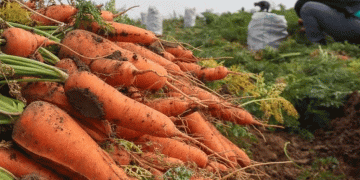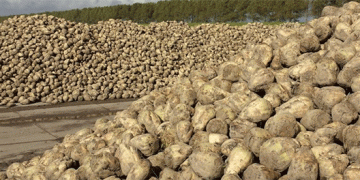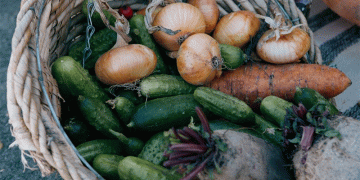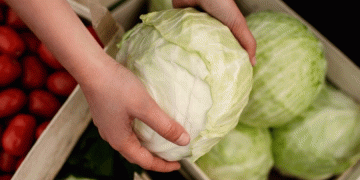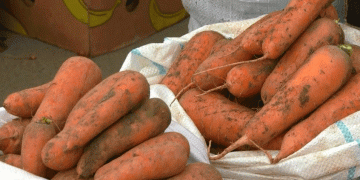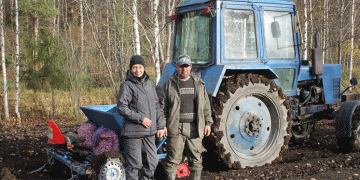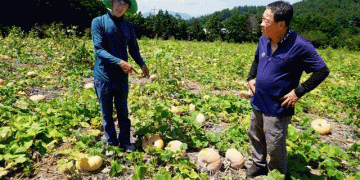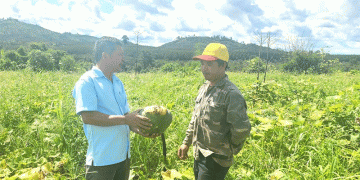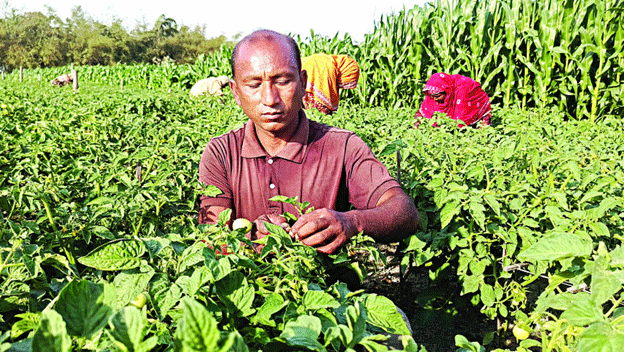In the past, vegetable farming in northern Bangladesh relied heavily on imported seeds, often leading to high costs and unpredictable crop performance. Today, a quiet revolution is reshaping that narrative. Farmers across Rangpur—especially in the districts of Lalmonirhat, Kurigram, Gaibandha, Nilphamari, and Rangpur—have successfully turned seed production into a profitable and reliable livelihood, supplying both public and private sector demands with high-quality, homegrown vegetable seeds.
According to the Department of Agricultural Extension (DAE), approximately 1,200 farmers now cultivate seeds across 80 villages, producing over 10 key vegetable varieties including brinjal, tomato, cabbage, gourd, bean, bitter gourd, and chillies. These seeds are grown on about 1,000 hectares of land, generating an annual output of 50 tonnes—a significant contribution to Bangladesh’s agricultural supply chain. This translates to a business worth Tk 500 crore (about $45 million USD), primarily through contracts with private seed companies.
Seed Production: A Skill-Intensive, High-Reward Endeavor
Unlike conventional crop farming, vegetable seed production requires precise techniques, environmental control, and hands-on monitoring. Farmers like Narayan Chandra Roy and Atul Chandra Roy exemplify this. With over 14 years of experience, they earn between Tk 3 lakh to Tk 4 lakh annually (around $2,700–3,600 USD), even after covering the high labor costs, which can consume up to 65% of gross income.
Yields vary significantly depending on crop type, ranging from 4 to 12 kilograms per bigha (0.13 hectares), and prices offered by seed companies differ widely—from Tk 3,000 to Tk 24,000 per kilogram, depending on quality and variety. Farmers who have built trust and consistency in seed quality are able to secure the higher end of this pricing scale.
Despite the challenges, many see it as a sustainable income source. Pishulal Roy, one of the pioneers in Lalmonirhat, began with just a small plot but now mentors other farmers, a ripple effect that’s helping whole communities shift toward more resilient income models.
Demand Meets Supply: Bangladesh’s Growing Seed Market
The vegetable seed demand in the 2023–24 season stood at 3,060 tonnes, of which 85% was met through government sources, while the rest came from private companies working directly with farmers like those in Rangpur. While the southern parts of Bangladesh still lag in seed production, Rangpur now stands as a national supplier.
This localized seed industry not only reduces the country’s reliance on imports but also strengthens food security, improves seed adaptability to local growing conditions, and offers farmers a chance to participate in value-added agriculture.
Recent figures from Bangladesh Seed Association suggest that the private sector’s involvement in seed procurement is steadily increasing, driven by rising consumer demand for vegetables and the government’s push for agricultural modernization.
The evolution of Rangpur into a hub for vegetable seed production is a testament to what happens when ideal environmental conditions meet farmer skill, institutional support, and market access. As climate variability and input costs challenge traditional farming models, seed production offers a viable path to economic security and agricultural resilience. With proper training and technical assistance, more regions in Bangladesh—and beyond—could replicate this success.
